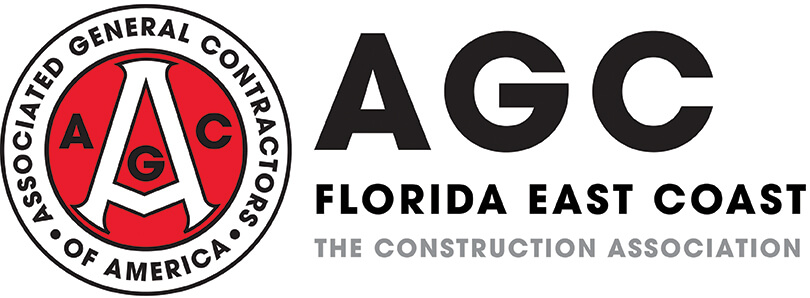Construction Spending Ticks Up In September Driven By Nonresidential Construction, Despite Drop In Public-Sector Activity For The Month
Construction Spending Hits $1.811 Trillion in September Driven by Big Boosts in Annual Manufacturing, Lodging & Commercial Activity, Transportation Investments Lag as Regulations Bog Down Infrastructure
Total construction spending increased by 0.2 percent for the month of September and by 10.9 percent for the year as nonresidential construction activity now outpaces residential construction, according to an analysis the Associated General Contractors of America released today of federal spending data. Association officials noted that gains in public sector transportation construction have lagged other fast-growing segments as officials grapple with Buy America and other new regulatory requirements.
“Demand remains strong for a range of nonresidential construction segments despite supply chain challenges and rising interest rates,” said Stephen E. Sandherr, the association’s chief executive officer. “But transportation infrastructure investments would likely have been higher if it wasn’t for the inevitable regulatory confusion that comes with the new Buy America requirements.”
Construction spending, not adjusted for inflation, totaled $1.811 trillion at a seasonally adjusted annual rate in September, 0.2 percent above the August rate and 10.9 percent above the September 2021 rate. Spending on private residential construction was flat in September but is still up 12.7 percent compared to a year ago. Meanwhile spending on private nonresidential construction is up 1.0 percent in September and 10.5 percent for the year.
The biggest drivers for the increase in private nonresidential construction were manufacturing construction, which was up 7.6 percent for the month and 43.3 percent for the year; commercial construction, which was down 0.7 percent for the month but is up 22.6 percent for the year; and lodging construction, which was up 0.7 percent in September and 15.8 percent for the year. Private sector power construction continued to decline, down 0.4 percent for the month and 12.9 percent for the year.
Public construction spending decreased by 0.4 percent in September, with mixed results for the three largest segments. Highway and street construction spending was up 1.7 percent for the month and 8.7 percent for the year, while educational spending was flat for the month and down 1.0 percent for the year. Transportation construction spending decreased by 1.3 percent for the month but was up 3.2 percent for the year.
Association officials noted that the rate of growth for transportation-related infrastructure, including for highways and street, has lagged other fast-growing construction segments despite the bipartisan infrastructure bill that was signed into law. They noted that new Buy America and other regulatory requirements that were included in the law are keeping officials from moving forward on some projects as they await guidance from the Biden administration on how to comply.
“The best way to accelerate investments in our aging transportation sector is to provide immediate relief to the Buy America rules that make no sense as a time when supply chains remain very challenged,” said Sandherr. “The administration can provide an immediate boost to infrastructure upgrades by relaxing what are proving to be unworkable new requirements.”
